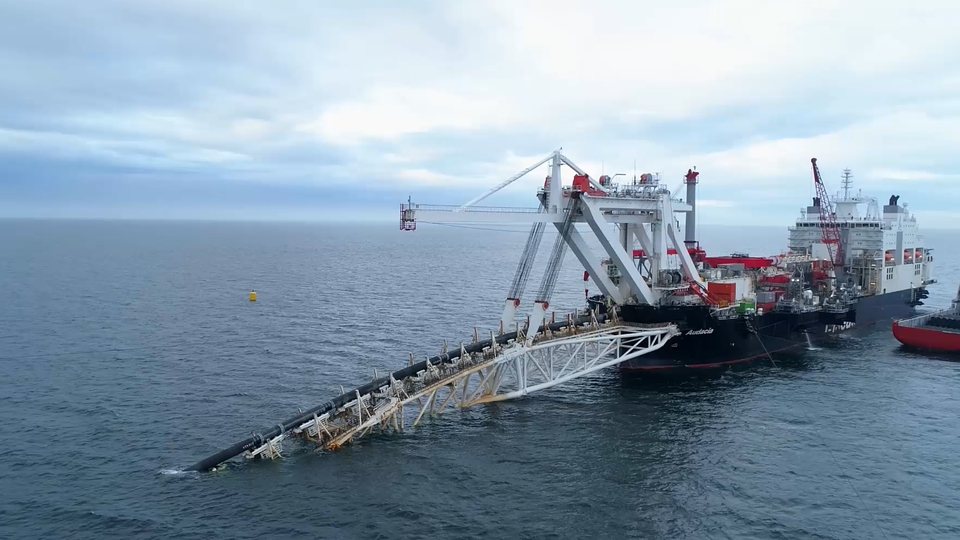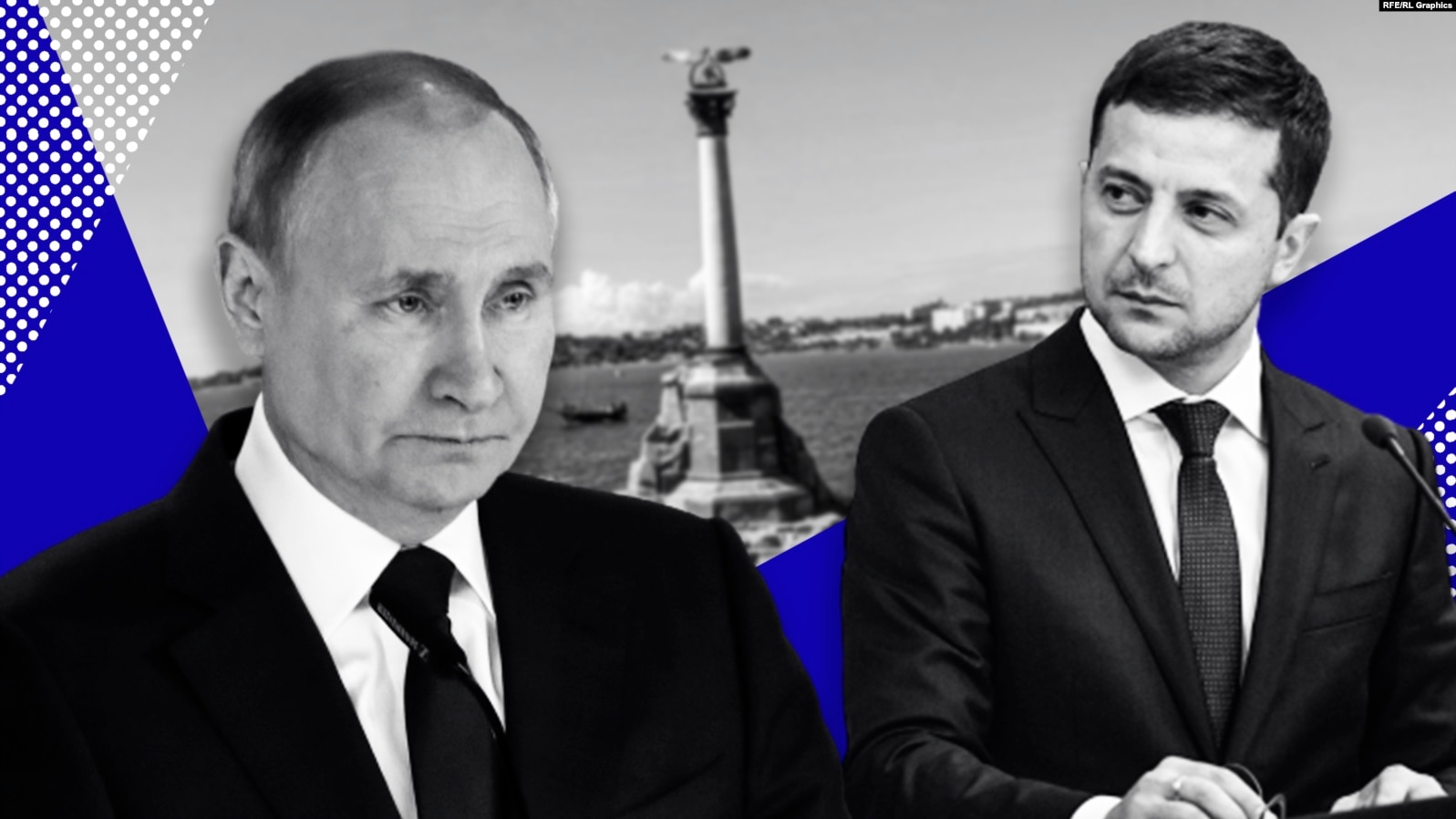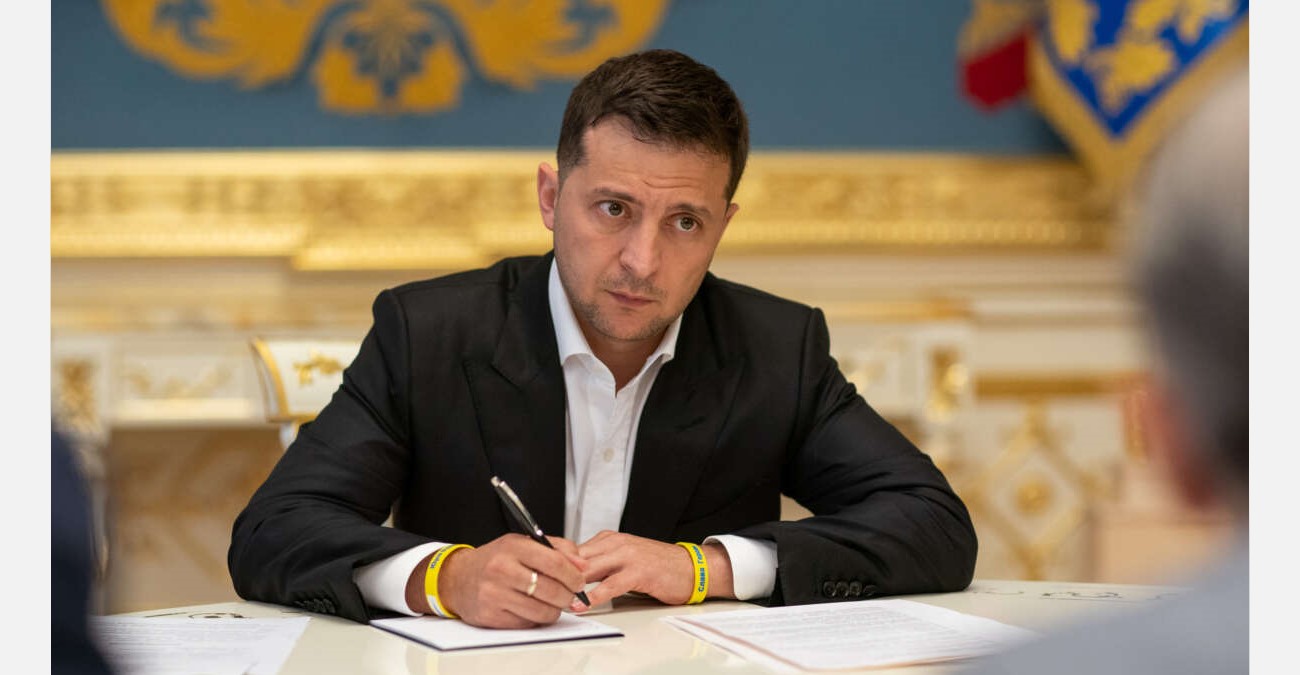The North Atlantic Treaty Organization (NATO) has scrapped the meeting of the NATO-Ukraine and NATO-Georgia commissions that had been envisaged to be held during the Alliance’s upcoming summit in Brussels. United States President Joseph Biden’s administration has decided to exempt the Russian-owned Nord Stream 2 subsea pipeline from US sanctions, thus effectively greenlighting that project as a favor to Russia and Germany and at the expense of other countries‘ interests, first and foremost Ukraine’s. The German and French governments have given Kyiv reason to conclude that their position is weakening in the “Normandy” negotiations with Russia on the war in Ukraine’s east. And US Secretary of State Antony Blinken gave Ukraine’s concerns the short shrift when meeting with his Russian counterpart Sergei Lavrov in Reykjavik, preparatory to a Biden-Putin summit.
Some of those decisions seem to be in line with preexisting Western policies, but mostly they seem related to the launch of a new “reset” of sorts in US-Russia relations—the second such reset in Biden’s career. This initiative also tends to redefine the transatlantic consensus on a low common denominator that would accommodate Germany first and foremost, along with German-Russian special relations.
Prior to Biden’s overture to Putin, the US president himself as well as Blinken and the administration generally had repeatedly asserted that the Nord Stream 2 project was “a bad deal for Germany, for Ukraine, for our Central and East European allies and partners… As multiple US administrations have made clear, this pipeline is a Russian geopolitical project intended to divide Europe and weaken European energy security. The Biden administration is committed to complying with that legislation [US Congress–mandated sanctions]. Any entity involved in the Nord Stream 2 pipeline risks US sanctions and should immediately abandon work on the pipeline” (State.gov, March 18). Washington had defined this issue all along not merely as a Ukrainian but as a European and transatlantic issue; and the administration had acted in alignment with a bipartisan majority in Congress.
On May 19, however, the Biden administration announced its decision to “waive” those sanctions—i.e., exempt the Gazprom-owned Nord Stream 2 AG project operating company from sanctions. Timed exactly to the day of the Blinken-Lavrov meeting that “set the table” for the Biden-Putin summit, the exemption from US sanctions would allow the final stage of pipeline construction on the Baltic seabed to be completed in a matter of months.
Washington had not provided Kyiv with advance notice of the decision to greenlight Nord Stream 2. A writing on the wall could have been discerned when Blinken, in Kyiv on May 6, toned down the objections to Nord Stream 2, apparently reflecting the Biden administration‘s reconsideration of the issue (see EDM, May 6, 10).
The Ukrainian state authorities and civil society (often critical of the authorities) share a sense of alarm over the Biden administration‘s decision; and they view it as an unwarranted political concession to Russia.
President Volodymyr Zelenskyy regards the lifting of sanctions on Nord Stream 2 as a “defeat of the United States, a personal defeat of President Biden in terms of standing up to Russia […] a major Russian geopolitical victory, and a redistribution of power and influence [in Europe].” Zelenskyy is “personally worried about possible tradeoffs” at the Biden-Putin summit affecting Ukraine, he admitted during the press conference on the second anniversary of his presidency. He had asked Blinken during his Kyiv visit for Washington to coordinate with Kyiv regarding Ukrainian issues ahead of the Biden-Putin summit (Ukrinform, May 20, 21).
Trending Now
Foreign Minister Dmytro Kuleba regards it as “a defeat of American diplomacy if Nord Stream 2 is completed after all.” Kuleba has announced that Kyiv “will fight on to stop the completion of this project” (Interfax-Ukraine, May 21; Ukrinform, May 26). According to Kuleba’s immediate predecessor as foreign minister, Pavlo Klimkin, the US decision came as “a blow to the gut” to Ukraine. Nevertheless, “any signs of a crisis of confidence between Ukraine and the United States would be the worst thing that could happen at this time” (Facebook.com/PavloKlimkin.ua, May 20).
Once this gas transit system no longer carries large volumes from Russia to Europe, serving both sides, Western Europe’s direct material stake in Ukraine’s security could decline, and Russia could become less inhibited about using its own or proxy forces to advance into Ukraine’s interior or destabilize it (Novoye Vremya, May 21; Ukrinform, May 22)
On May 20, a large representative group of Ukrainian political, cultural, and civil society figures, “gravely alarmed by the decision to waive the application of sanctions on Nord Stream 2,” appealed to the United States to reconsider this decision (Kyiv Post, May 20). On May 21, the Ukrainian parliament’s plenum appealed to both chambers of the US Congress “to use all the legislative instruments at their disposal for a full and irreversible stop to the Nord Stream 2 project… The only mechanism to ensure that Russia does not use Nord Stream 2 as an energy weapon is to fully block its completion and commissioning” (UNIAN, May 21). Ukraine’s just-arrived ambassador, Oksana Markarova, is consulting with members of Congress on possible steps to block the Nord Stream 2 project (Ukrinform, May 26).
The eminent analyst Mikhaylo Honchar reflects a widespread view in Ukraine’s pro-Western civil society: “They are rubbing their hands in Russia. They feel that the US White House’s sanctions-lifting is another display of weakness, after Biden took the step to call Putin… Given that the Biden administration declared the fight against transnational corruption as a priority, it looks strange that they lifted the sanctions on this Russian company [Gazprom-owned Nord Stream 2 AG] that promotes the Schröderization of European politicians” (Ukrinform, May 21).
Blinken demonstratively downplayed Ukraine’s (and others’) concerns when meeting in Reykjavik with Lavrov, so as not to risk jeopardizing Biden’s meeting with Putin. The US State Department’s readout puts Ukraine in the third place among the issues Blinken raised, after the Arctic and climate agenda and requesting the release of two US citizens held in Russia. (As Russian opposition members noted, Blinken requested the release of Paul Whelan and Trevor Reed, but merely and curtly registered concern for the health of Alexei Navalny further down the readout.) Blinken expressed “deep concern regarding Russia’s continued military deployments in and near Ukraine”; he failed to mention, however, the occupation of Crimea, the ongoing low-intensity war in Ukraine’s east (and Russia’s ceasefire breaches there), or Russia’s obstructions to commercial navigation in the Black Sea near Ukraine (State.gov, May 19).
According to the “senior official’s” briefing after the Blinken-Lavrov meeting, the US side raised these issues, in this order: Arctic, Climate Change–Paris Accords, Syria, Karabakh and Armenia-Azerbaijan, Afghanistan, Iran (nuclear anti-proliferation), Korean Peninsula, and Cyber security. “Moderator: Ukraine? Senior State Department Official: And Ukraine, yeah” (State.gov, May 19).
Read More:
- Time to stop Nord Stream 2 now: open letter by Ukrainian politicians, leaders
- Is Ukraine getting closer to NATO membership?
- Under Biden, sanctions against Russia will be more consistent and stable, their “architect” says
- Ukrainian, US politicians call on Biden to promote Ukraine’s reforms, accession to NATO
- Transatlantic task force on Ukraine: can Joe Biden energize the Ukrainian reform agenda?





